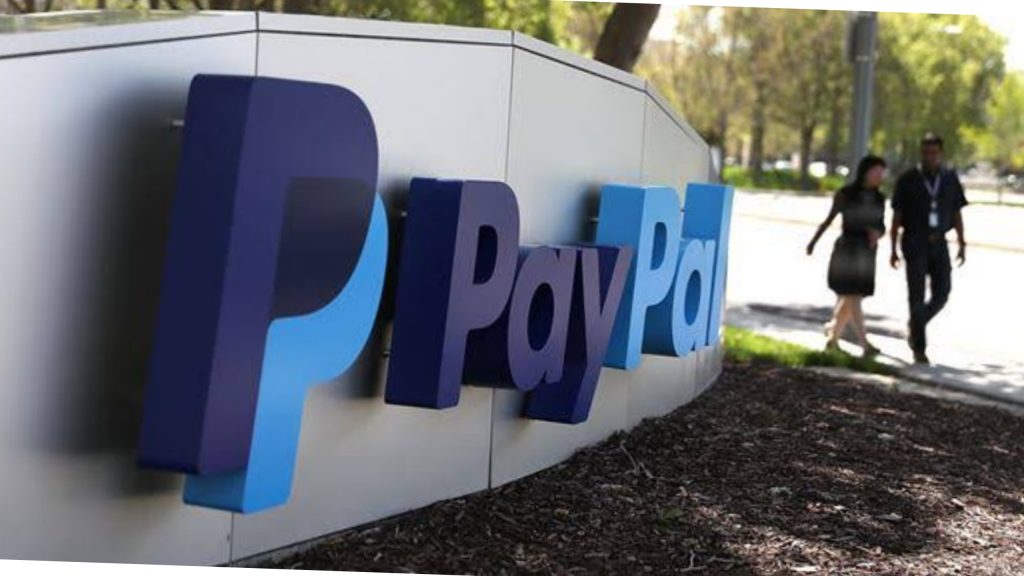Is PayPal Available In Nigeria? 2024 Update
Can Nigerians truly tap into the global marketplace using PayPal? The reality is more nuanced than a simple yes or no. While PayPal operates in Nigeria, its functionality is significantly restricted, creating a complex landscape for users.
Navigating the world of online payments in Nigeria often leads to confusion regarding PayPal's availability and capabilities. The service, a cornerstone of e-commerce in many countries, presents a different picture for Nigerian users. While Nigerians can indeed hold PayPal accounts, the ability to receive payments directly remains elusive for personal account holders. This limitation stems from regulations and banking infrastructure within Nigeria, impacting how PayPal can operate within the country.
| Feature | Description |
| Availability | Available, but with limitations |
| Sending Payments | Allowed for personal and business accounts (with restrictions) |
| Receiving Payments (Personal) | Not Allowed |
| Receiving Payments (Business) | Allowed with restrictions (typically through a website) |
| Linked Cards | Visa, USD-denominated Mastercard (Naira Mastercard may have issues) |
| Reference | PayPal Nigeria |
Prior to 2014, PayPal was entirely unavailable in Nigeria. The introduction of limited services marked a significant step, allowing Nigerians to participate in global online commerce, albeit with constraints. This partial access allows users to send payments for online purchases using linked credit cards. This functionality bridges the gap for Nigerians wishing to purchase goods and services from international vendors accepting PayPal. However, the inability to receive funds directly creates a significant hurdle for freelancers, online businesses, and individuals seeking to receive payments from abroad.
The restrictions on receiving payments through PayPal in Nigeria present a unique challenge. While business accounts can sometimes receive payments, this often involves complex workarounds and is not consistently reliable. The limitations arise from a complex interplay of factors, including regulatory frameworks, banking infrastructure, and agreements between PayPal and Nigerian financial institutions. The result is a system where sending payments is straightforward, but receiving them remains complicated. This situation necessitates exploring alternative payment solutions for those reliant on receiving international funds. Options like Payoneer, Flutterwave, and other emerging fintech platforms have gained traction in Nigeria, offering services tailored to the specific needs of businesses and freelancers.
For Nigerians seeking to open a PayPal account, the process is relatively simple. It involves providing standard information such as full name, email address, date of birth, and a Nigerian mobile phone number. Linking a valid credit card, preferably a Visa or USD-denominated Mastercard, is crucial for sending payments. However, it's important to remember the limitations associated with Nigerian PayPal accounts. While sending payments is generally seamless, receiving funds directly remains restricted for personal accounts. This necessitates careful planning and consideration of alternative payment gateways for those engaging in international transactions where receiving money is essential.
The experience of using PayPal in Nigeria can vary. While sending payments is generally straightforward, users often encounter challenges when attempting to link certain cards or navigate the complexities of receiving funds. The lack of full functionality can be frustrating, particularly for those accustomed to PayPal's seamless operations in other countries. For Nigerians engaging in international business, the limitations of PayPal underscore the need for adaptable strategies. Diversifying payment methods and exploring alternative platforms can mitigate the challenges posed by the restrictions on receiving funds through PayPal.
Despite the limitations, PayPal remains a relevant tool for Nigerians engaging in online transactions. Its global reach and widespread acceptance make it a valuable option for sending payments and shopping internationally. However, users must be aware of the restrictions and plan accordingly. The future of PayPal in Nigeria remains a topic of discussion. As the fintech landscape evolves and regulations adapt, there is potential for expanded functionality. Until then, understanding the current limitations and exploring alternative payment solutions is crucial for navigating the world of online payments in Nigeria. This dynamic environment requires vigilance, adaptability, and a willingness to explore alternative options to ensure smooth and efficient financial transactions.
The nuances of using PayPal in Nigeria present both opportunities and challenges. While the limitations can be frustrating, understanding the current landscape empowers users to make informed decisions and leverage the platform effectively within its constraints. As the financial technology sector continues to develop, the future of PayPal in Nigeria may hold further integration and expanded functionality, offering greater access to the global digital economy.


